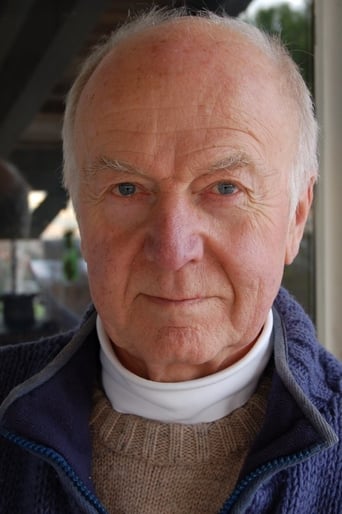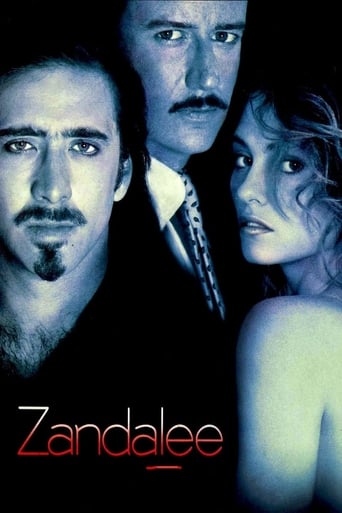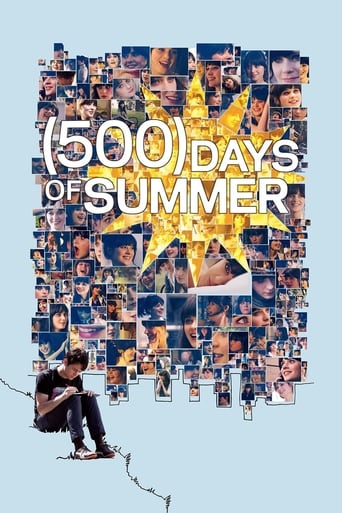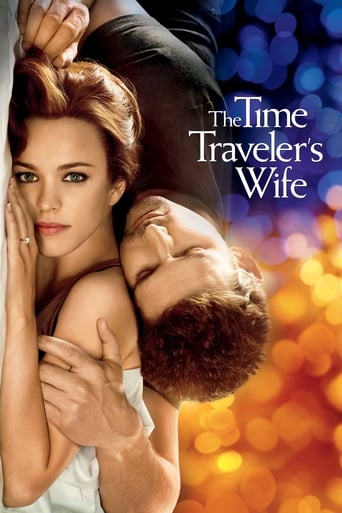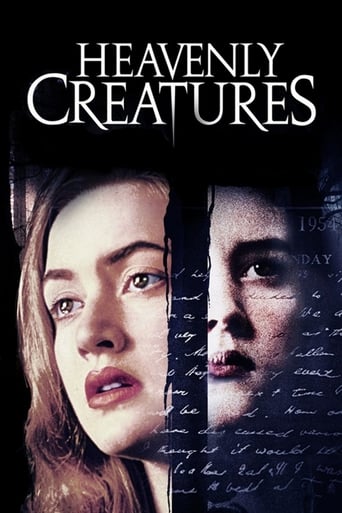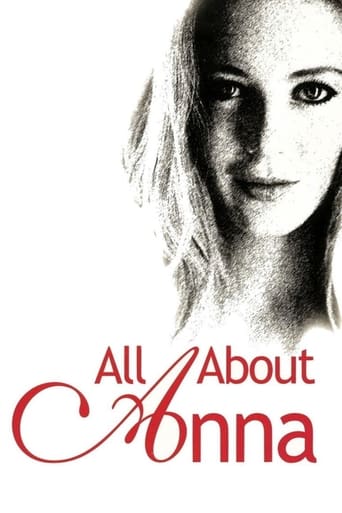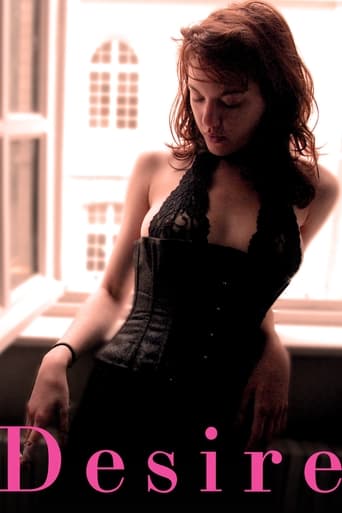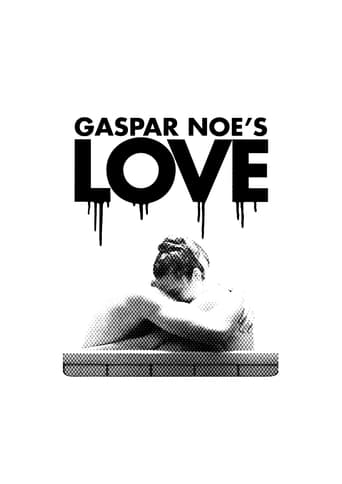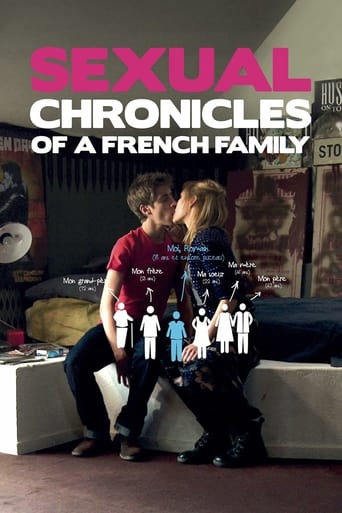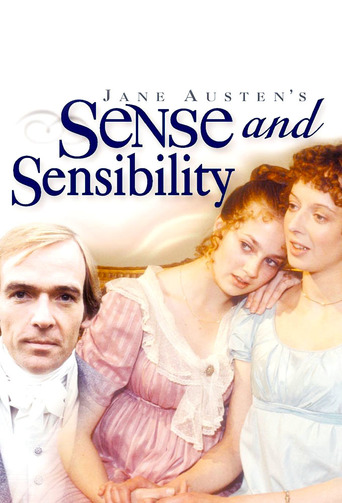

Sense and Sensibility (1981)
Two sisters of opposing temperaments find love and some heartbreak in Jane Austen's 18th century classic.
Watch Trailer
Cast


Similar titles
Reviews
I was looking forward to seeing another version of this, having just read the book again. Yes, it is pretty close, though I think the decision to leave out Margaret was unwise and spoiled the family dynamics. Overall, the acting seemed to me to be pale and rather lifeless, as though many characters simply read their lines with little true feeling at all. The addition of Lucy Steele's older sister and Lady Middleton added nothing--in the book they were amusing in their way, but here, no; Miss Steele's goofiness was not really shown, which would be the only reason to include her. Also, Fanny was annoyingly low key & snotty, but didn't really come off as the haughty bitch she does in the book. I think part of the problem is that the actors, to be honest, were simply not skilled enough to give the roles the subtle interplay and depth they should have: I found their faces to be stiff, the gestures muted, just NO liveliness, and very little humor. The costumes were very disappointing: I'm sorry but if you have the money and prestige to have lived at Norland, your clothes are going to reflect that somewhat--maybe not fancy but of better quality! Half the time Eleanor was dressed in the dull colors of a nun, and even many of Mary Ann's dresses looked ill-fitted and sloppily made, like something in a high school play! The older ladies clothes had not the least bit of charm, even though they had money, they dressed in simply hideous dresses with a bit of trim down the center. I know the clothes of that era, and these were NOT well done, were badly made and designed and looked cheap.John Middleton was nicely humorous and red-cheeked, though he reminded me constantly of a leprechaun!His mother-in-law came off far too low-key for what she should have been. Though Lucy was catty in her way, she lacked the force of character of the conniving bitch she was in the book--she was MUCH more interestingly played in Ang Lee's film! The relationship between the sisters seemed pallid until right at the last. Willoughby...eh, not impressed--pretty boy blonde with not much more to recommend him. Brandon was so colorless and dull, racing through speeches that SHOULD have had more depth of feeling and subtle play of emotion. Alan Rickman was warm, subtle, likable- -his face was mobile, yet delicately conveying the depth of his feelings, and his voice! OH so much more convincing than anything in this film's version of Brandon!As for the general direction, it was rather dull--at least in Ang Lee's film they did something besides sit around and sew! He actually showed the relationship between MaryAnn an Willoughby developing, gave time to that beginning of intimacy, so that when she loses it in London, you have good idea WHY. The director lost many chances for dramatic play, and ended up with a so-so production. See it if you're a fan of Austen, if nothing else, just for comparison. Ang Lee's version, for all it's faults, has far better acting, a more lively cast, more interesting interplay between the characters, far better costumes, and honestly....I may have to watch it yet again, just to get the bland taste of this one out of my mind!
"Sense and Sensibility" (1981) is a BBC mini-series directed by Rodney Bennett. The basic plot of Jane Austen's novel is familiar. The Dashwood sisters are forced to leave their home because their elder half-brother inherits the estate after their father dies.Elinor Dashwood (played by Irene Richard) represents "sense." She is practical and pragmatic. Marianne Dashwood (Tracey Childs) represents "sensibility." The meaning of this word has drifted over the years. In Austen's time its meaning was closer to "sensitivity." Marianne is the romantic sister. She loves music and she awaits the man who can sweep her off her feet. Each sister finds a true love, and in both cases their love is thwarted. How they respond to their situation is what makes this a great novel. How directors respond to this great novel is also interesting. Starting in 1971, four versions of Sense and Sensibility have been brought to the screen. Three were made for television by the BBC, and the fourth was a theatrical film from 1995 directed by Ang Lee, and starring Emma Thompson as Elinor and Kate Winslet as Marianne.We have recently watched all four versions. Although this 1981 version carries a dismal IMDb rating of 6.8, we liked it the best of the four.All of the versions have high production values, and all are worth seeing. Although all the movies are based on the same novel, they are all quite different. If you had the time and inclination you could compare the four versions on many variables. For example, there are three critical male characters in the films, and at least a dozen other important supporting roles. What the directors emphasize, and how the actors respond,gives each version different strengths and weaknesses.In my opinion, Irene Richard and Tracey Childs embody the characters that Austen created better than in any other version. Peter Woodward makes the perfect John Willoughby, the romantic hero with whom Marianne is in love. It's an important supporting role, and Woodward portrays it extremely well. To me, this version looked and felt closer to Austen than any of the others.It's not clear to me why other IMDb members didn't appreciate this movie. I loved it, and I recommend it as the Sense and Sensibility to watch if you're only going to watch one version. However, all of the versions are available on DVD. Why not watch all four and decide for yourself which is the best?
To begin with, it took us several attempts to watch past the first 2 hours because it is so utterly boring. The acting is very dull, Marianne is a complete idiot and is very annoying, and Edward Ferrars is almost too awkward to watch. The decision not to include the youngest Dashwood sister had a very negative impact on the family dynamic - she seems to have instead been replaced by a couple of servants named Tom and Susan who sometimes have some very long appearances that don't have any relevance to the plot whatsoever. However, following the piercing, hysterical shrieks of Fanny Dashwood after she is told of Lucy Steele's engagement - which seem to last for several minutes and was very effective in rousing our attention - the story suddenly becomes far more chaotic, but certainly not dull. One memorable scene was Marianne's illness, during which she inexplicably calls for her mother to "teach me my ABC's" in her delirium. The ending seems to have been cut slightly short - perhaps BBC ran out of funding - with Mrs. Dashwood just muttering "My children"; and that's the end. In short, this is a terrible adaptation but if you can get past the first couple of hours it becomes so terrible and bizarre, it's good.
Luckily we have the beautiful 1995 version to remind us that this is actually a wonderful story. You wouldn't know it from this. The actors are wooden, the costumes are lacking and the locations are dreary. The opening sequence with Elinor and Marianne sitting on some sort of demented cousin of a see-saw is just out and out creepy. None of the actors seem to have any interest and definitely no excitement with their roles. They're practically sleepwalking! The first problem with this is really in the script. The writers did not seem to find any of the humor in the book, and seemed to focus on all the wrong things. As has already been mentioned, the character of Margaret is completely left out. This isn't really a big deal, she is hardly in the book at all (kind of like Kitty in Pride & Prejudice - she's just there). But in her version, Emma Thompson really saw potential in the character of Margaret to add some cute one-liners and bring some comic relief. She expanded the character rather than deleting it, and it's easy to see which way worked better.There's no comic relief in this version at all. No one's funny. No one's even interesting. This focuses too much on the Elinor/Edward factor and doesn't put any real energy in the Marianne/Willoughby/Brandon triangle - a real misfortune because I always found the latter plot line far more interesting.Irene Richard does turn in an acceptable performance as Elinor. Tracey Childs is an okay Marianne, but definitely nothing exceptional. She loses major points when you compare her portrayal with Kate Winslet's Oscar-nominated one. Where Childs was quiet and accepting Winslet was all over the place with passion. To Childs's defense, let's note that she had the most wooden and irritating actors playing her suitors, while Winslet had the incredibly handsome Alan Rickman and Greg Wise.All in all, this version just falls short in too many ways. See the remake, it's a shining example of how Austen *should* be done.


